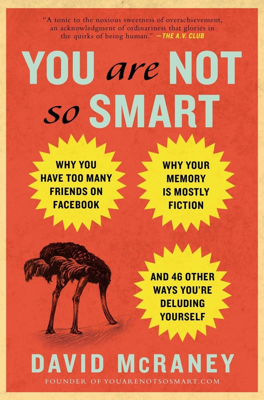The Ultimatum Game
Misconception vs. Truth
Misconception:
You choose to accept or refuse an offer based on logic.
Truth:
When it comes to making a deal, you base your decision on your status.
Status and Social Reasoning
- Complex Social Reasoning: Human decisions in social situations are influenced by millions of variables and instinctive predictions rather than pure logic.
- Importance of Status: Offers and rejections in social transactions are influenced by perceived status and reputational concerns, not just by logical outcomes.
The Ultimatum Game
- Experiment Setup: One person offers a share of a given amount of money to another. If the offer is rejected, both get nothing.
- Human Responses: Offers less than 20% of the total amount are typically rejected. Most people offer closer to half to ensure mutual benefit.
- Logical vs. Emotional Decisions: While a logical mind would accept anything above zero, humans factor in fairness and social standing.
Evolutionary and Emotional Factors
- Evolutionary Background: In small ancestral groups, maintaining social status and fairness was vital for survival.
- Status Interpretation: The amount offered is seen as an estimation of the other person's status. Accepting less than a fair share can lead to social inferiority.
- Low Serotonin Levels: People with lower serotonin demand more money to feel satisfied, influenced by a sense of lower status.
Rule Variation and Real-World Implications
- Guaranteed Share for Proposer: When proposers keep their share regardless of acceptance, they tend to offer less (around 10%).
- Everyday Situations: Perceived status influences decisions in various life contexts like asking for raises, making social moves, or performing publicly.
Ensuring Fairness
- Altruism and Revenge: The prospect of revenge for unfair offers encourages fairness and contributes to maintaining social harmony.
- Perceived Fairness: People are willing to forego benefits to ensure fair treatment and social security in the future.
